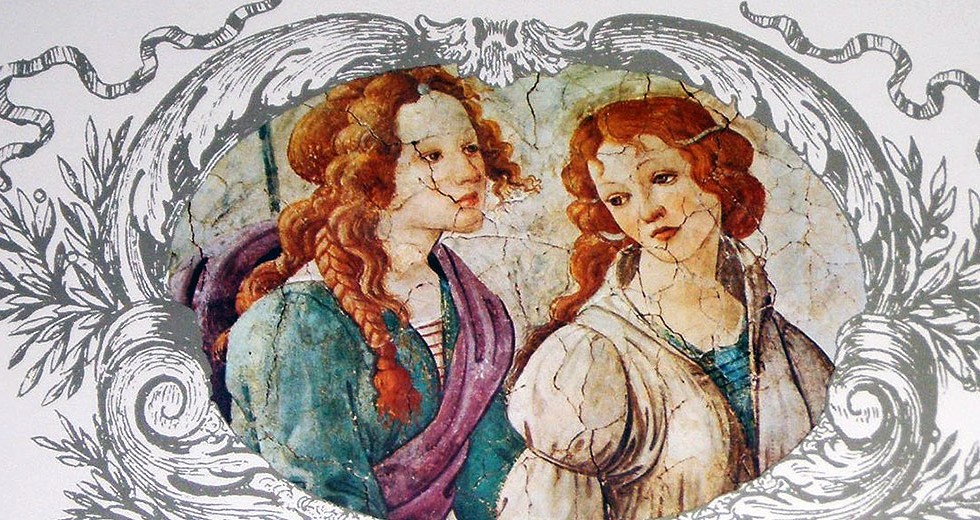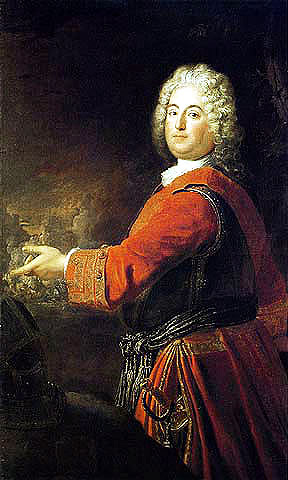
In my college years, I pored over the music of J.S. Bach. My freshman harmony course consisted of disassembling and reassembling Bach chorales. We students treated the chorales in much the same way aspiring doctors might treat a cadaver or apprentice mechanics might examine an old truck. We’d examine each chorale by pulling it apart, labeling every chord and assigning names like “passing tone,” “upper neighbor” or “suspension” to individual notes. Then we’d play the entire chorale for one another at the piano while shouting out the names of each chord as it was sounded — “Tonic! Subdominant! Dominant!”
At the time, I envisioned Bach as a pudgy old German who hung out in drafty organ lofts where he spent his time harmonizing chorales simply to torment future generations of music students. To me, he was a musical Col. Klink. I didn’t bother listening to Bach. I felt my daily explorations of his chorales — there are hundreds of them — was all the Bach I could take.
But one night, a fellow music student played a recording of Bach’s Brandenburg Concerto No. 2 for a couple of us who were hanging out in his dorm room. It was revelatory. Here was music full of joy and delight. While listening to it, I didn’t think of chords or passing tones or anything other than how much fun it was to hear this music.
This was not an experience that was limited to the Brandenburg Concerto No. 2. The other five — all very different from one another in instrumentation — are just as delightful and engaging. (The Chicago Symphony Orchestra will perform all six Brandenburg concertos, under guest conductor Nicholas Kraemer, in concerts Nov. 20-25.)
In 1721, when he was in his mid-30s, Bach presented the six instrumental works to Christian Ludwig, Margrave of Brandenburg-Schwedt (a margrave is a count of a German border province). Accompanying them was a dedication in which one of Western music’s greatest composers bowed and scraped before a minor functionary:
“I have in accordance with Your Highness’ most gracious orders taken the liberty of rendering my most humble duty to Your Royal Highness with the present Concertos, which I have adapted to several instruments; begging Your Highness most humbly not to judge their imperfection with the rigor of that discriminating and sensitive taste, which everyone knows Him to have for musical works, but rather to take into benign Consideration the profound respect and the most humble obedience which I thus attempt to show Him.”
The Margrave was not all that interested in music, however, and the Brandenburg scores languished in the Margrave’s library until his death in 1734, when they were assigned a value of a slightly more than $20 in today’s currency.
In 1849, the autograph manuscript of the concertos surfaced in the archives of Brandenburg. The concertos finally saw publication in 1850, as part of the centenary celebration of Bach’s death.
Today they are universally viewed as Baroque masterpieces, hardly the work of a pudgy old German in a drafty organ loft, but the product of a brilliant mind full of diverse and compelling musical ideas.
Hearing all six in a single sitting is a not-to-be-missed experience.
Chicago-based writer Jack Zimmerman has authored a couple of novels, countless newspaper columns and was the 2012 recipient of the Helen Coburn Meier and Tim Meier Arts Achievement Award.
